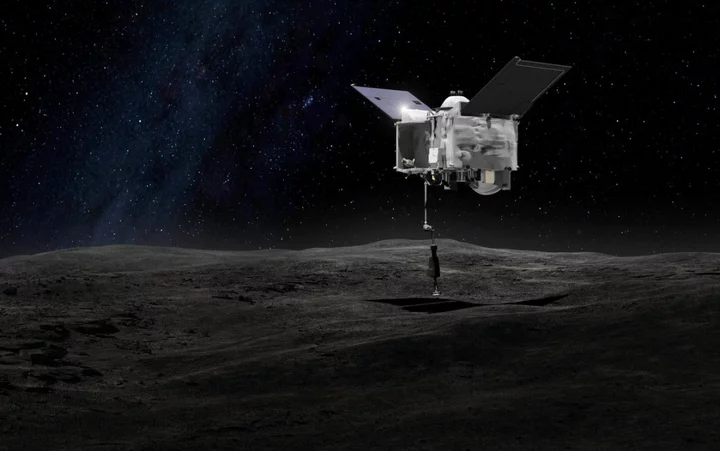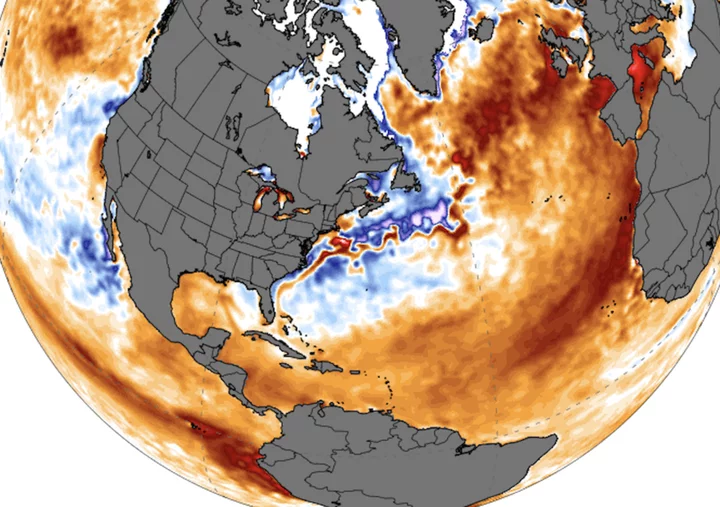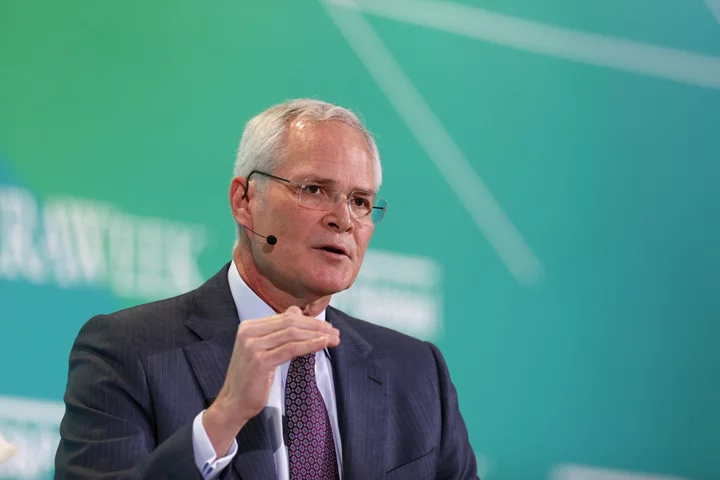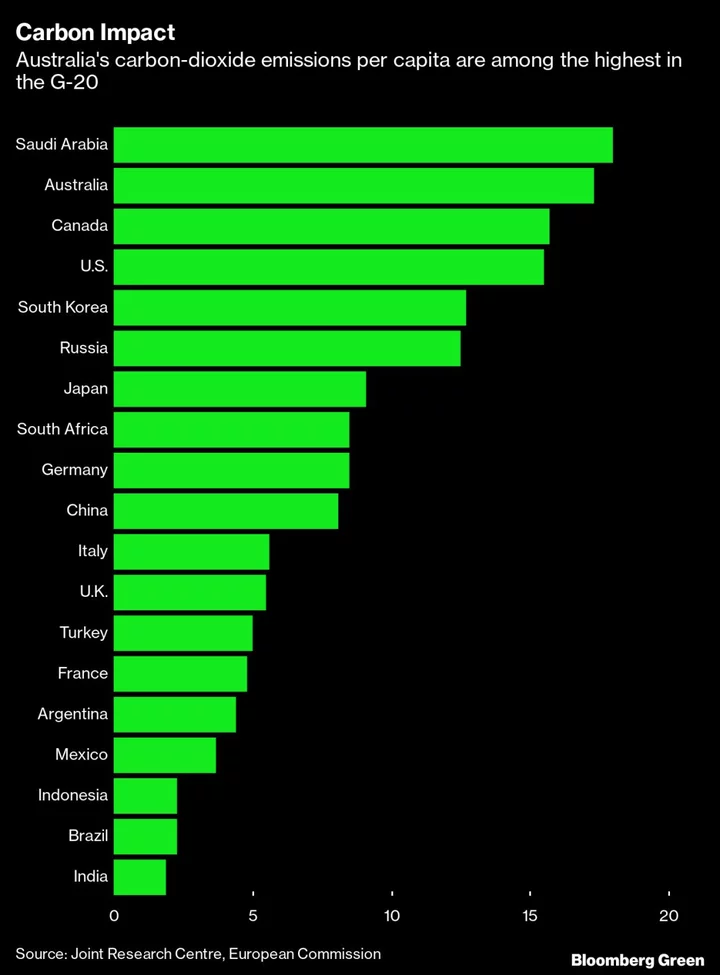Former United Nations ambassador Nikki Haley addressed a broad range of issues Sunday night during a CNN town hall in Iowa.
Here's a look at some of the claims that the GOP presidential candidate made:
Social Security
Haley said that political leaders need to start tackling Social Security reform before the entitlement program is not able to fully pay all the benefits owed in a decade or so. She gave a couple of options.
"Instead of cost-of-living increases, we do increases based on inflation," Haley said.
Facts First: Haley's statement is misleading. Social Security's cost of living adjustments are already based on inflation. The annual boosts are intended to help senior citizens and other beneficiaries contend with the annual change in prices.
The formula for determining annual adjustments is specified in the Social Security Act. The adjustments are based on increases in a certain inflation index, the Consumer Price Index for Urban Wage Earners and Clerical Workers, known as CPI-W.
The adjustment is equal to the percentage increase, if any, in the CPI-W for the average for the third quarter of the current year compared to the average for the third quarter of the last year in which an adjustment went into effect, according to the Social Security Administration.
From CNN's Tami Luhby
Climate Change
Haley claimed that India and China "are the problem" when it comes to emissions and the environment.
"The United States is very good when it comes to emissions. If we want to really fix the environment, then let's start having serious conversations with India and China. They are our polluters. They are the ones causing the problems," Haley said.
"We need a fair playing field. We're not the problem. The Chinese and the Indians are the problem," she continued.
Facts First: This needs context. While it's true that China is the world's largest emitter of greenhouse gases, the US comes in second. The US is also the world's biggest historical polluter and still has larger per capita greenhouse emissions than either China or India.
China is by far the world's largest emitter of polluting greenhouse gases at nearly 30% of the world's emissions, but the US is the number two at around 11%, according to 2019 data. India is hovering above 6%, right around the European Union.
While it is true that US emissions are creeping downward, the country has emitted more over the course of history than any other nation. Emissions in developing countries like India are going up as they rely on fossil fuels like coal to power their economy.
And if you look at emissions on a per capita basis, the US leads both China and India. The US emits around 17.6 tons of emissions per person, while China emits about 10.1 tons per person, according to a report from the nonpartisan energy think tank Rhodium Group. India is far lower, at around 2.8 tons per person, according to the World Data Lab.
From CNN's Ella Nilsen
Covid Relief
Answering a question from a small-business owner about how she would help curb rising costs, Nikki Haley, a GOP presidential candidate, blamed both Democrats and Republicans for passing a $2.2 trillion Covid-19 relief bill with no accountability.
"Let's start by clawing back the $500 billion of unspent Covid dollars that we know are out there," she said.
Facts First: Haley's data is out of date. There is $420 billion in Covid-19 funds left unspent as of April 30, according to federal data.
But more importantly, there is far less money that is unobligated, or not yet legally committed, that Congress could claw back. Only $90.5 billion remains in unobligated and unexpired funds as of January 31, according to the US Government Accountability Office.
House Republican lawmakers have looked into clawing back Covid-19 funds, but the debt ceiling package enacted last week rescinded only about $28 billion of unobligated funds.
From CNN's Tami Luhby









